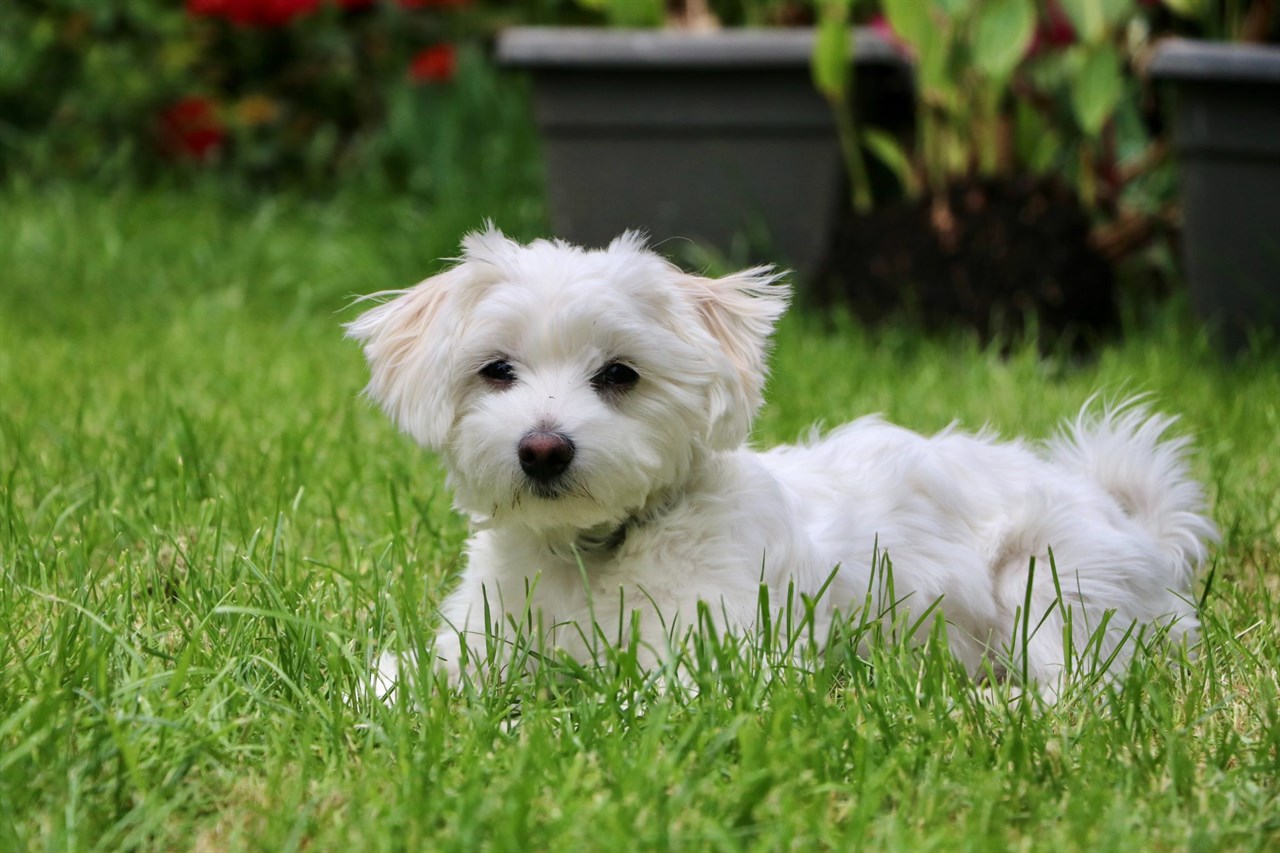Disadvantages of Maltalier Ownership

While Maltaliers make loving and affectionate pets for the right owners, there are certain disadvantages and challenges associated with owning this breed that potential owners should be aware of. These downsides include.
Health Concerns
Maltaliers, like all purebred and mixed-breed dogs, can be prone to certain genetic health issues inherited from their parent breeds. Common health concerns include patellar luxation, heart conditions, ear infections, and dental problems. Owners may need to invest in veterinary care to address these issues.
Grooming Requirements
Maltaliers have long, silky coats that require regular grooming to prevent matting and tangling. This breed is not suitable for owners who are not willing to commit to regular brushing and professional grooming, which can be time-consuming and costly.
Separation Anxiety
Maltaliers are known for their affectionate and social nature, which can lead to separation anxiety when left alone for extended periods. Owners who work long hours may need to make special arrangements, such as hiring a dog walker or using doggy daycare, to ensure their Maltalier's well-being.
Exercise Needs
While not extremely high-energy, Maltaliers still require daily exercise and mental stimulation. Owners who lead sedentary lifestyles or have limited time for walks and play may find it challenging to meet their dog's exercise needs.
Size and Fragility
Maltaliers are small dogs, which makes them fragile and vulnerable to accidental injury, especially around small children who may not understand the need for gentle handling. Supervision is crucial to prevent accidents.
Noise Sensitivity
These dogs can be sensitive to loud noises and excessive barking, which can be a disadvantage in noisy urban environments or homes with noisy children.
Allergies
While Maltaliers may be considered hypoallergenic due to their low-shedding coat, some individuals with dog allergies may still react to their dander. Potential owners with allergies should spend time around Maltaliers before committing to ownership.
Training Challenges
Maltaliers can be stubborn or independent at times, making training more challenging for first-time dog owners. Consistent and patient training is necessary to ensure they are well-behaved.
Small Stature
Their small size can make them more susceptible to predation by larger animals, so owners should take precautions when allowing them to play outdoors.
Costs
Owning a Maltalier can be expensive. In addition to grooming costs, there are expenses related to food, veterinary care, training, and other supplies. Potential owners should be prepared for the financial commitment.
In summary, while Maltaliers can be wonderful pets for the right owners, there are several disadvantages to consider, including health concerns, grooming requirements, separation anxiety, exercise needs, fragility, and training challenges. Prospective owners should carefully assess their ability to meet these challenges and provide a loving and supportive environment for their Maltalier.
Maltalier puppies for sale
- Find Maltalier puppies for sale in ACT
- Find Maltalier puppies for sale in NSW
- Find Maltalier puppies for sale in NT
- Find Maltalier puppies for sale in QLD
- Find Maltalier puppies for sale in SA
- Find Maltalier puppies for sale in TAS
- Find Maltalier puppies for sale in VIC
- Find Maltalier puppies for sale in WA